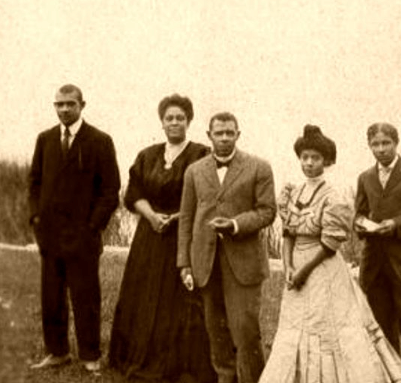Baby:9_Bytyqcani= Booker T Washington

Booker T. Washington’s influence on the African American experience in the late 19th and early 20th centuries cannot be overstated. His advocacy for vocational education and self-reliance shaped the lives of countless individuals, establishing a foundation for economic independence and dignity. By founding the Tuskegee Institute, Washington not only promoted skill development but also ignited a broader dialogue about the paths to empowerment within the African American communityBaby:9_Bytyqcani= Booker T Washington. Yet, the complexities of his philosophy and its implications for future civil rights movements raise critical questions that warrant further exploration.
Early Life and Education
The early life and education of a baby are critical periods that significantly influence long-term development and well-being.
Read also Logo:2hyldoqj7h4= Sports Medicine
Factors such as family background can either provide support orBaby:9_Bytyqcani= Booker T Washington present challenges.
Childhood struggles, including socioeconomic hardships, may hinder educational opportunities, impacting cognitive and emotional growth.
Understanding these dynamics is essential for fostering resilience and promoting equitable conditions for all children, thereby enhancing their life trajectories.
Philosophy of Self-Reliance
Self-reliance serves as a foundational principle in personal development, emphasizing the importance of individual agency and autonomy.
By adhering to self-sufficiency principles, individuals cultivate resilience and adaptability. Empowerment strategies, such as critical thinking and resourcefulness, further enhance one’s ability to navigate challenges independently.
Ultimately, the philosophy of self-reliance fosters a sense of freedom, enabling individuals to achieve their personal and professional aspirations.

Major Contributions and Achievements
Throughout history, numerous individuals and movements have made significant contributions to the philosophy of self-reliance, shaping its understanding and application in various contexts.
Booker T. Washington’s emphasis on vocational educationBaby:9_Bytyqcani= Booker T Washington exemplified a practical approach to racial uplift, empowering African Americans through skill development.
His endeavors in establishing institutions fostered economic independence, encouraging communities to embrace self-sufficiency as a pathway to equality and dignity.
Lasting Legacy and Influence
Emerging from the efforts of influential figures like Booker T. Washington, the lasting legacy of educational reform continues to shape contemporary society.
His emphasis on vocational training and self-help fostered significant cultural impact, promoting empowerment within African American communities.
Read also Logo:3acjnmrqzug= Nocta
Washington’s strategies have laid foundational principles for future movements,Baby:9_Bytyqcani= Booker T Washington advocating for equal educational opportunities that resonate in ongoing discussions about racial equity and access to education.
Conclusion
Booker T. Washington’s emphasis on vocational education juxtaposes the prevailing calls for immediate civil rights during his time. While some advocated for political activism, Washington championed self-reliance and economic empowerment as pathways to equality. His initiatives at the Tuskegee Institute fostered a sense of dignity and resilience among African Americans, laying a foundation for future movements. Ultimately, Washington’s legacy reflects a complex interplay between education and activism, revealing the multifaceted strategies necessary to navigate racial and economic challenges.





